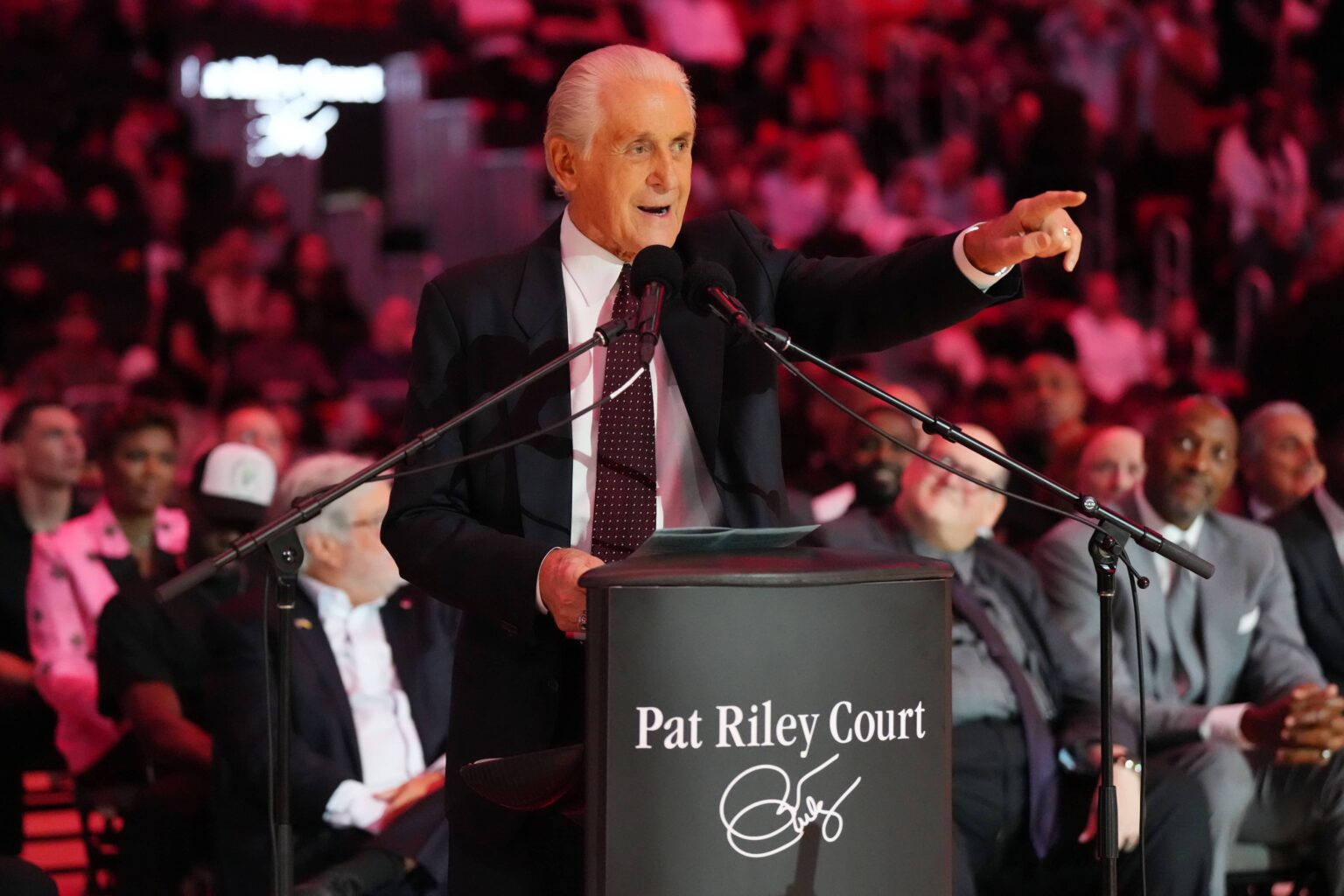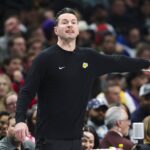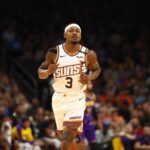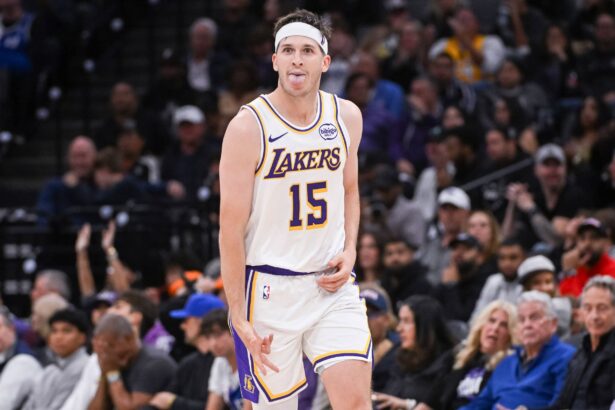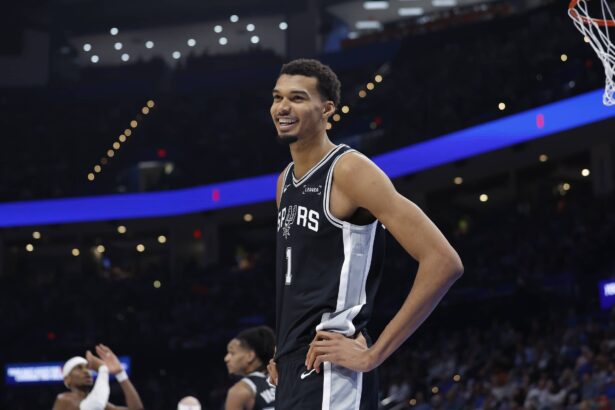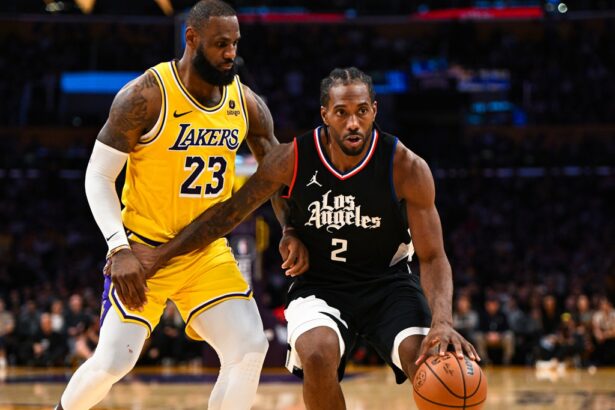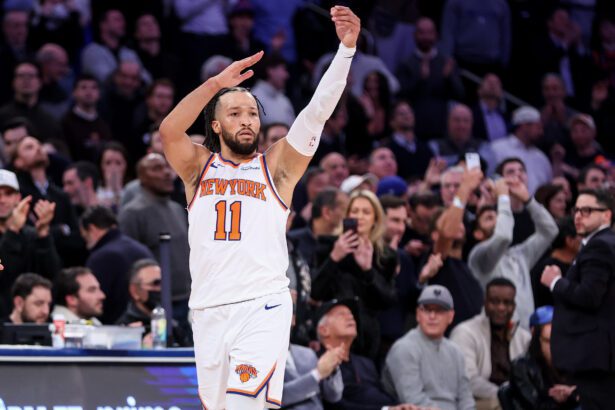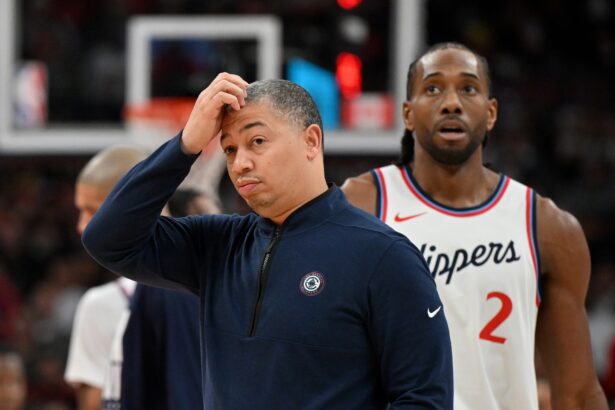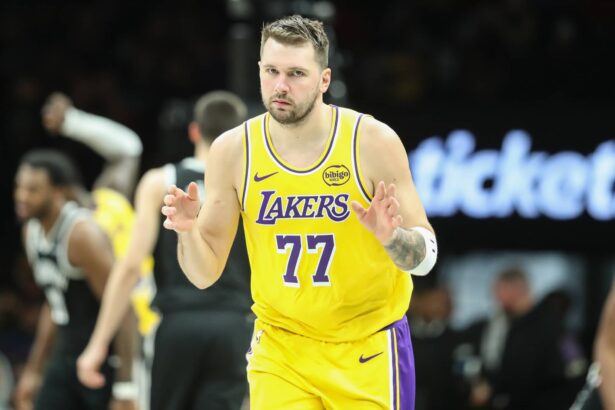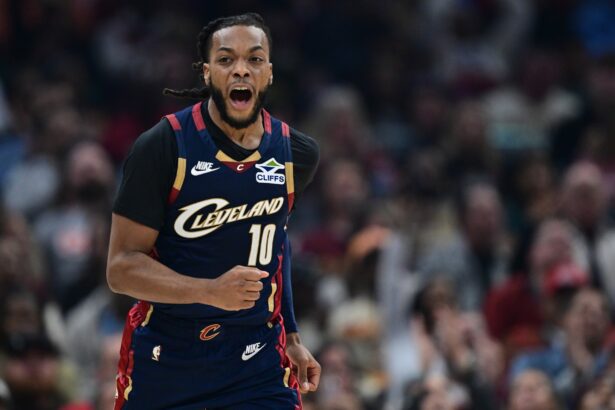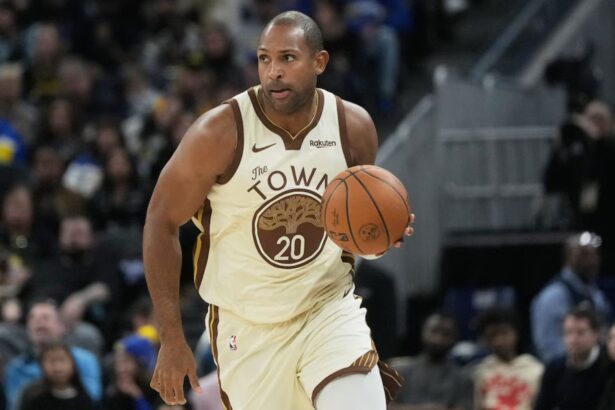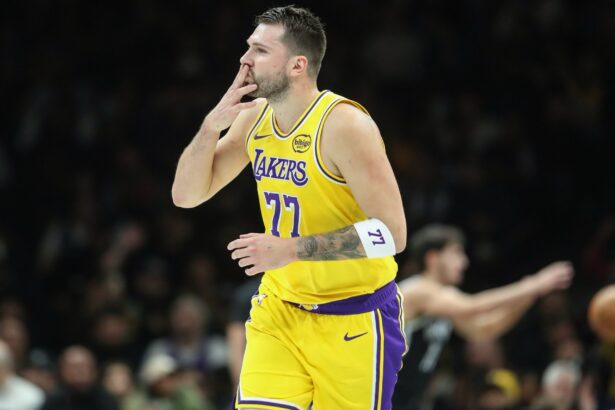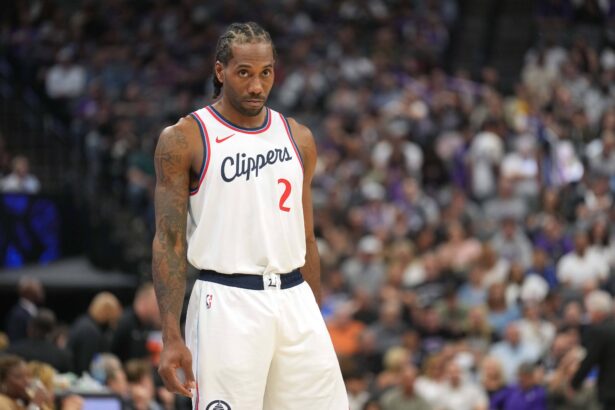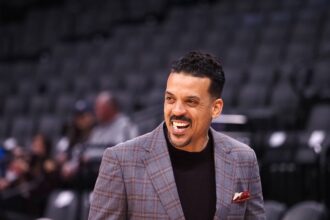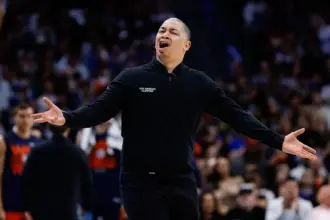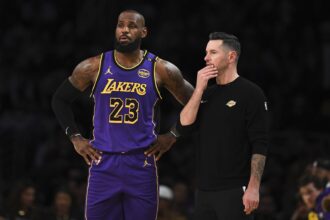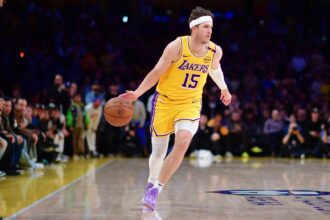Pat Riley is a basketball icon, mainly because of his desire for discipline and championship pedigree. But for all his accolades and rings, Riley’s reign has often been marked by clashes with the game’s biggest personalities. From Shaquille O’Neal to LeBron James, Riley’s iron-fisted leadership has made him both revered and resented.
Now, as the Miami Heat deal with a turbulent fallout involving Jimmy Butler—sidelined by a seven-game suspension for conduct detrimental to the team—the spotlight is once again on Riley’s polarizing approach. Could Butler be the next superstar to pack his bags in South Beach? If history is any indicator, the answer may come sooner than anyone expects.
Let’s take a closer look at the timeline of how Pat Riley’s commitment to preserving the vaunted “Heat Culture” has led to tensions with his star players. While some argue that his firm approach is necessary in a league increasingly dominated by player power, others such as Paul Pierce believe that such rigid control can backfire, potentially harming the franchise in the long run. Let’s go through a timeline of Pat Riley’s issues with superstar players and needless to say, it does raise a few eyebrows.
Shaquille O’Neal (2008)

After helping the Heat capture their first-ever NBA championship in 2006, Shaquille O’Neal’s relationship with Riley soured. By 2007, Shaq was frustrated with the direction of the team, particularly its inability to remain competitive. Riley, ever the disciplinarian, clashed with Shaq’s declining fitness and outspoken nature.
The breaking point came in early 2008 when Riley traded Shaq to the Phoenix Suns in exchange for Shawn Marion and Marcus Banks. The move signaled the end of their partnership—and the Heat’s brief reign as champions. Interestingly, O’Neal would go on to make $20 million in 2007-08 and then $21 million in 2008-09.
As soon as Shaq spoke his mind, it was the beginning of the end for the big man’s time in Miami and loyalty would end right then and there. Riley has always been a forward-thinker, and with no hard feelings, he moved on from Dwyane Wade’s sidekick who delivered an NBA championship.
LeBron James (2014)
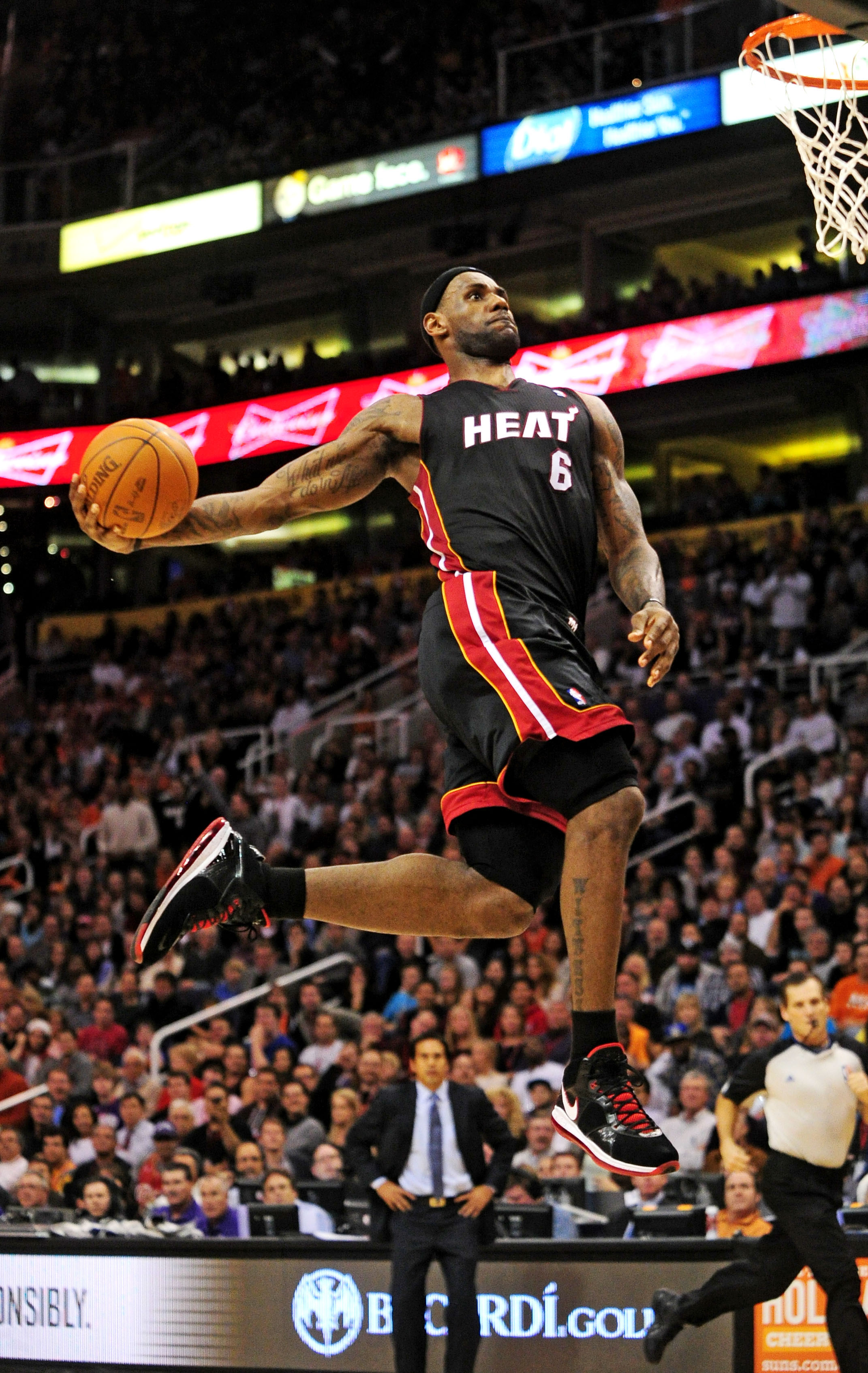
LeBron James brought instant credibility to the Heat, leading them to four straight Finals appearances and two championships during his tenure. However, behind the scenes, tensions simmered between Riley’s authoritarian style and LeBron’s growing influence as a player-empowered superstar.
After a crushing loss to the Spurs in the 2014 NBA Finals, Riley’s infamous “stay the course” speech reportedly irked LeBron, who wanted more input on roster decisions and it didn’t help that he was undercut with his salary. That summer, LeBron left Miami for Cleveland for a two-year, $42 million deal, leaving Riley visibly frustrated and issuing veiled criticisms of the decision in press conferences.
Regardless, James wanted to go home to Cleveland to play for the Cavaliers again and it might not have had anything to do with Riley. But still, there were some shots fired from Riley’s side and we cannot forget about that.
Chris Bosh (2016)
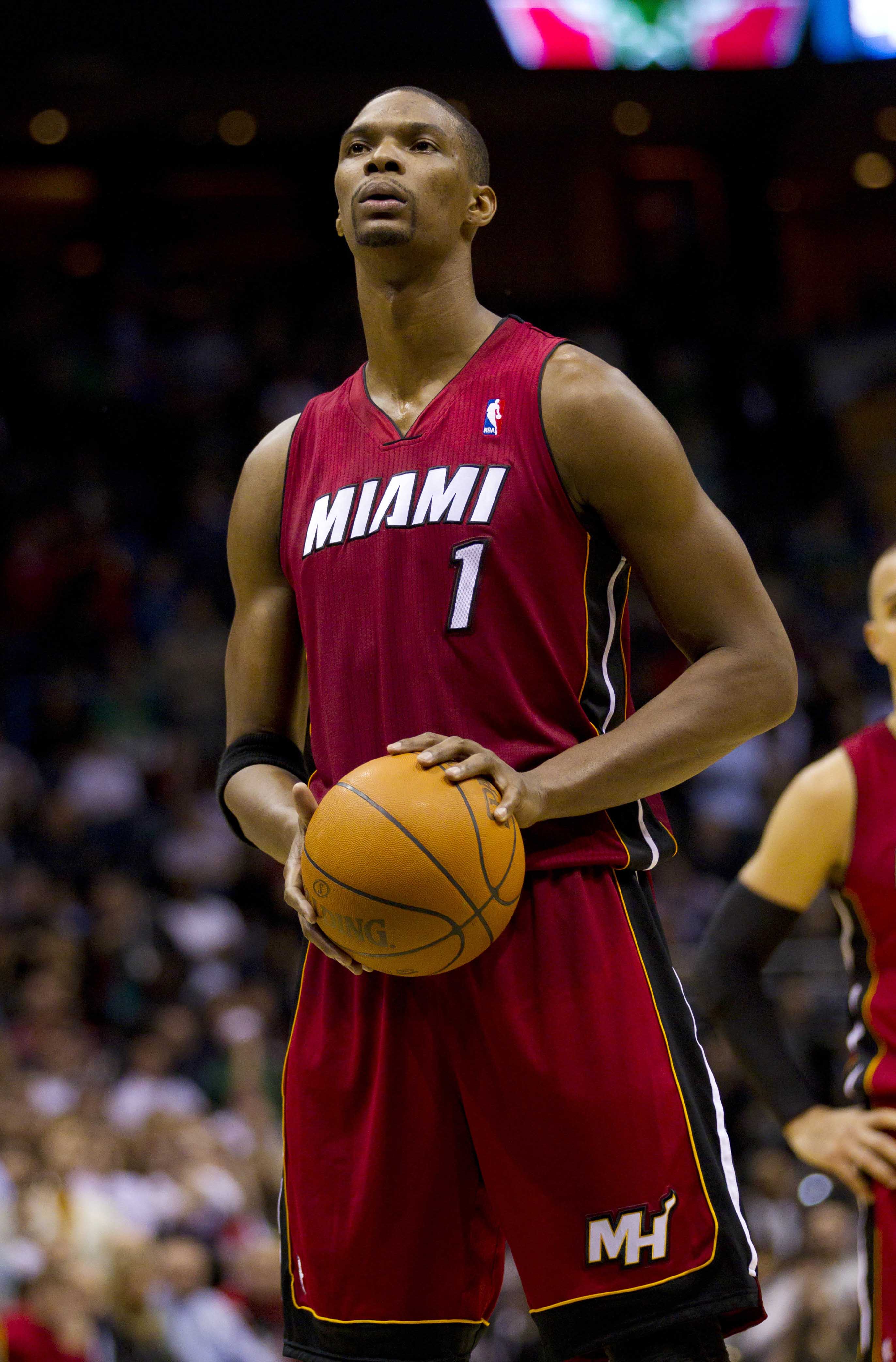
Chris Bosh’s exit from the Heat wasn’t fueled by ego but by health. Once LeBron James left the Miami Heat to go to the Cleveland Cavaliers, Bosh inked a five-year, $118 million deal to remain with the Heat. He would only play 44 and 53 games in 2014-15 and 2015-16, before being forced to sit out with blood clots in one of his lungs.
Recurring blood clots derailed his career, but Bosh wanted to continue playing despite the risks. Riley and the Heat organization, citing long-term health concerns and team liability from team doctors, made the difficult decision to shut him down and they reached an agreement where the player could leave the team without his salary affecting the Heat’s salary cap. The 2015-16 season would be the last time Bosh would play a game in the NBA.
While the decision to part ways was medically sound, Bosh felt frustrated without the chance to play basketball. The Heat eventually agreed with Bosh to part ways, marking a painful end to their partnership that saw back-to-back NBA championships come to South Beach. Riley deserves credit for trying to get Bosh on the court, but this star player’s exit is still on the “Godfather’s” resume.
Dwyane Wade (2016)
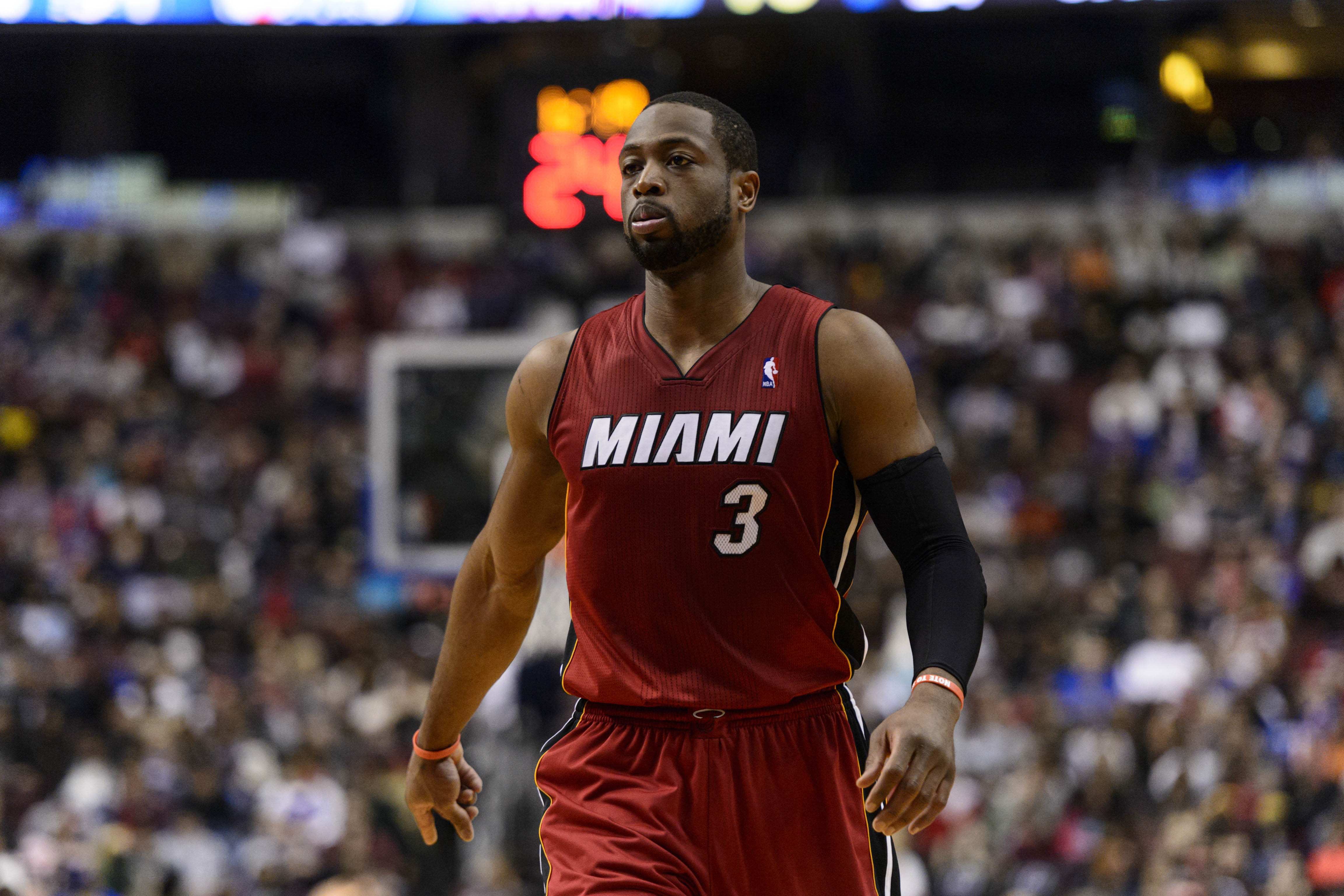
Dwyane Wade was the heart and soul of the Miami Heat, but even his loyalty couldn’t shield him from the business-first approach Riley embraced. Wade re-signed with the Heat after LeBron James departed for Cleveland, playing for two seasons and making two All-Star appearances.
In the summer of 2016, after years of feeling undervalued financially, Wade sought a new deal. Riley hesitated to offer a max contract, prioritizing cap flexibility instead.
Hurt by the underwhelming contract offer (an original one-year, $20 million deal that was increased to two years, $40 million), Wade left for the Chicago Bulls where he would only remain for a season (signing a two-year, $47 million deal) before joining the Cleveland Cavaliers. Ultimately, Wade would eventually come back to his rightful spot in Miami.
Although the two eventually reconciled in 2018, the temporary breakup left a stain on Riley’s reputation and many fans are still unnerved by how the greatest player in franchise history was treated. Riley admitted he did not do enough at the time, and he deserves credit for admitting his mistakes.
Jimmy Butler (2025)
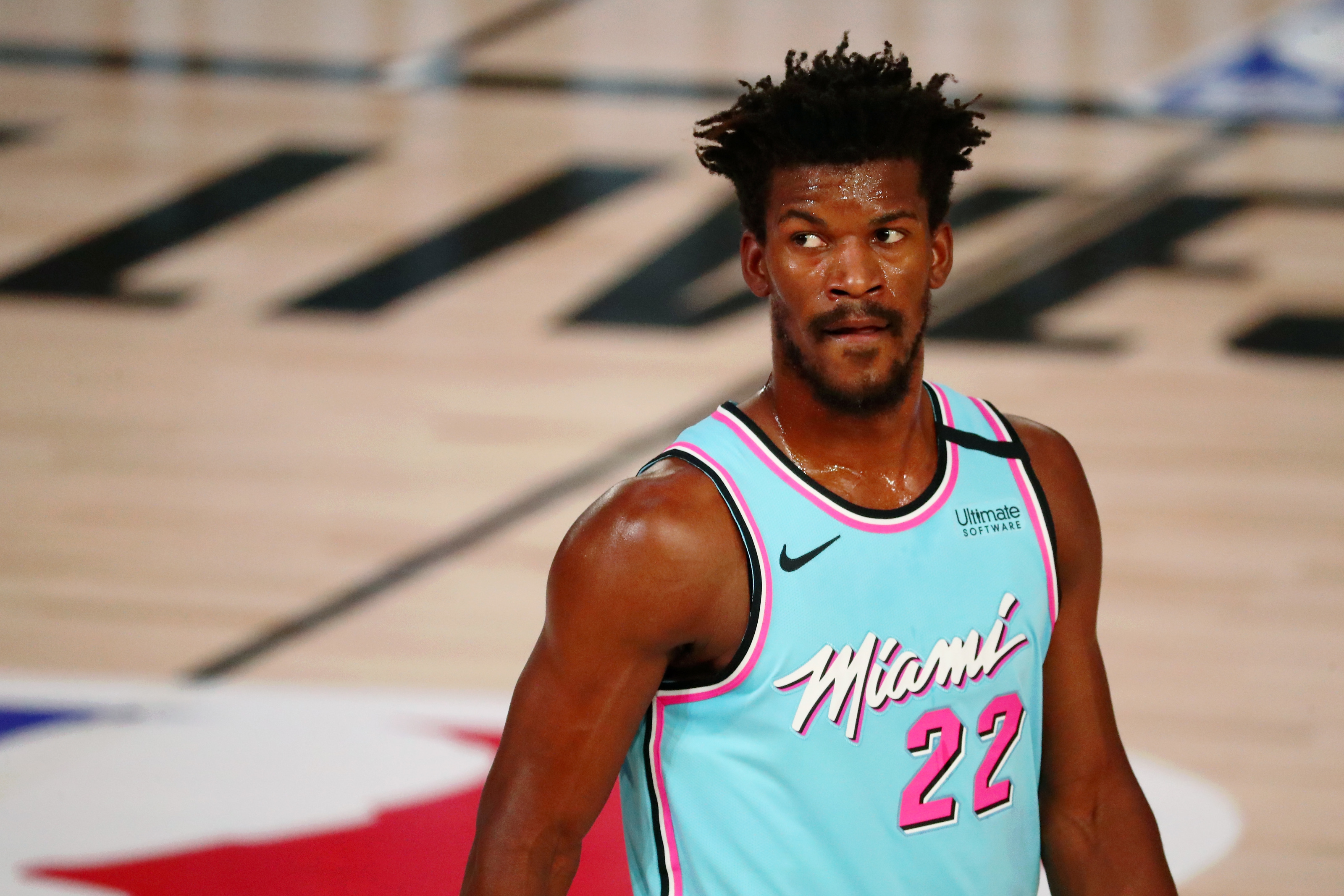
Fast-forward to the present day and Jimmy Butler finds himself at odds with Riley and the Heat organization. Known for his fiery personality and relentless work ethic, Butler initially seemed like the perfect embodiment of “Heat Culture” and he was because the player carried the team to two NBA Finals appearances in four seasons despite being the underdogs in each playoff run.
After a few successful seasons, Butler has sought a max extension this season as he has a $52.4 million player option for next year. Pat Riley, unwilling to pay him, instead made a very interesting comment at the end of last season that Butler should keep “his mouth shut”. That was the beginning of the end, and it snowballed with Butler claiming openly to the media that he can’t play with “joy” in Miami anymore.
These comments from Butler (and possibly his agent) along with the player’s poor play on the court have led to a seven-game suspension for conduct detrimental to the team. If Butler wants to get his next lucrative contract, only one team might be interested at this moment.
With Butler’s trade rumors swirling and even fans starting to turn against him, many believe his time in Miami is nearing its end, making him the latest in a line of superstar exits.
Thank you for being a valued reader of Fadeaway World. If you liked this article, please consider following us on Google News. We really appreciate your support.

